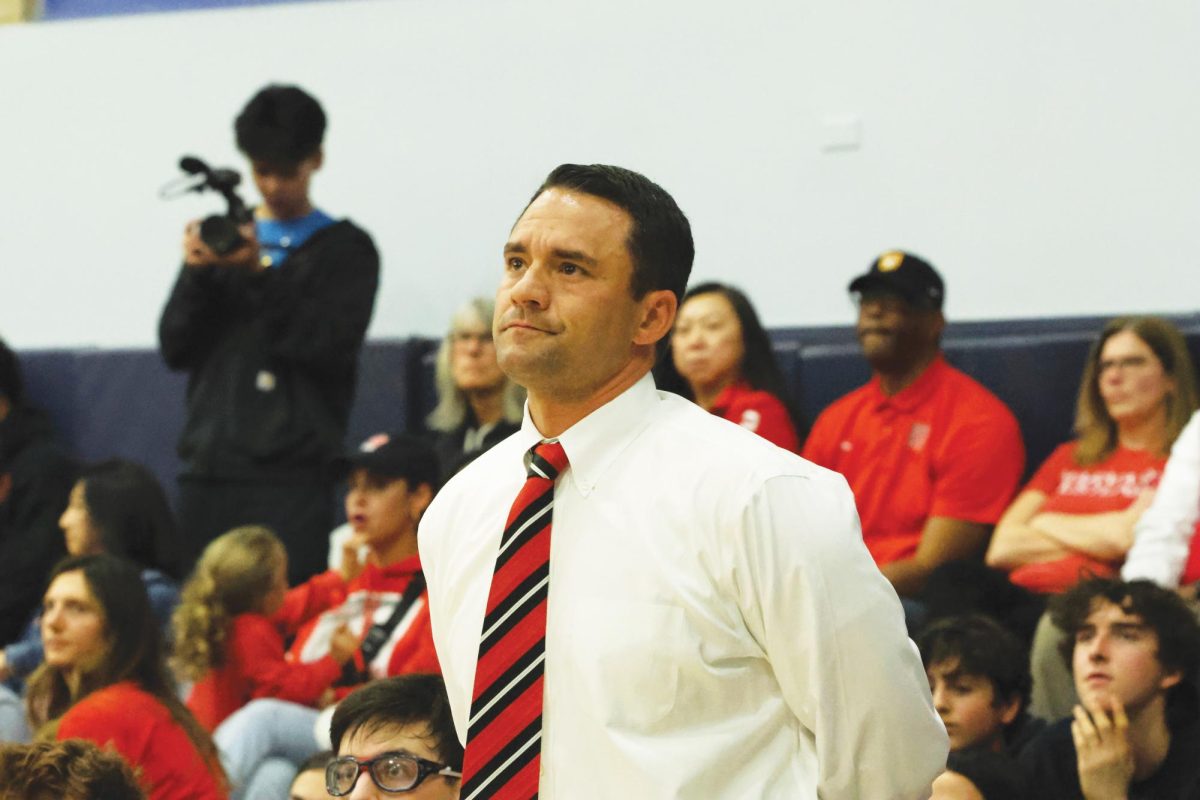By Adam Sieff and Nikila Sri-Kumar
When the Honor Board was in its second year of existence, the only two students to ever hold the titles of both Student Body President and Honor Board Chair âfought hard to separate the two bodies,â one of those two students told the Chronicle last November.
But since its inception in 2001, and following last yearâs merger of Student Council and Honor Board, the Honor Board has effectively expanded its power to become the preeminent governing body on campus.
In December 2005, the Student Council unanimously rejected a proposal by the Honor Board to merge the two bodies into one Student Government.
After three months of persuasion and argument, as well as selective public exposure by the Honor Board, which had unanimously approved it, the proposal was returned to Student Council in March.
Two years ago this week, the eight member Honor Board resubmitted a proposal to what was then known as Student Council.
Again the Student Council rejected the proposal with eight members voting against the proposed merger, but the Honor Board unanimously voted in approval. The merger passed 15-8.
Student Council asked that the structure be brought to an all-school vote to determine the fate of the merger.
The Honor Board resisted, and one of its senior prefects at the time told the Chronicle that âthe average student was not informed enough of the behind the scenes student government dynamic to make an educated decision.â
Student Council still managed to delay the implementation of the merger until this school year, hoping that enough dissent could accumulate in 2005-6 to possibly stop the merger.
In an all-school vote last year held by the Policy Oversight Committee, in which 287 students voted, 86 percent of students opposed the merger.Â
The Chronicle twice editorialized against the merger, asserting that it would be too difficult for one smaller body to carry the tasks of two large bodies.Â
As one Student Council member at the time said, the merger âwas rammed down our throat.â
Adviser Suzanne Lee was the new Student Governmentâs link to the old Student Council.
But in a surprise announcement two weeks ago, Lee resigned her position as co-adviser with history teacher Laurence Klein, and that link now appears to have broken.
Though Lee said she is only stepping down to âlet someone new come in and have just as much fun,â there is some speculation among Student Government representatives that Lee was overshadowed by Klein, the former adviser to the Honor Board.
âHe is very forceful in getting his points across,â Head Prefect Hailey Orr â07 said.
Junior representative Emma Kaplan â08 agreed.
âMeetings tend to be controlled by Mr. Klein,â she said. âMr. Klein and Mrs. Lee are two people with different trains of thought, which can sometimes make it hard to lead a unified government. There are communication breakdowns with everybody in the government, and it broke down with Mrs. Lee.â
Others reported a tension on the government this year between the two.
âI think itâs been a work in progress with Mrs. Lee and Mr. Klein,â Upper School Dean Tamar Adegbile, who also works with Student Government, said. âThey are two different people with two different styles. It has been adjustment for everybody.â
In an evaluation of the first year of the merged Student Government, the senior prefecture acknowledged that communication has been a major problem. Specifically, the evaluation mentions a breakdown at every step, including failure in communication between advisers.
âPeople have come to me with frustrations about colleagues,â Head of Upper School Harry Salamandra said.
âItâs hard to tell if there is a personality conflict or a logistical one that leads to the frustration. Adults can have different opinions and there have been differing opinions here.â
Klein declined to comment.
Since there are not specific parameters which define what is, and is not, under the Honor Boardâs jurisdiction, the ambiguity of the Boardâs charter gives the government unqualified discretion to pick what cases it hears and how to decide them â especially because the number of cases sent to the Honor Board has increased each of the past three years.Â
Senior prefect Nuriel Moghavem â07 believes that the Honor Code needs to be more clearly defined.
But such a measure has not been proposed to, or approved by, the government or the administration, and it is not certain whether such a definition would add to, or subtract from, the boardâs jurisdiction.
As Salamandra said last March, âWe are going down a path, and we donât know what it will lead to.â




































